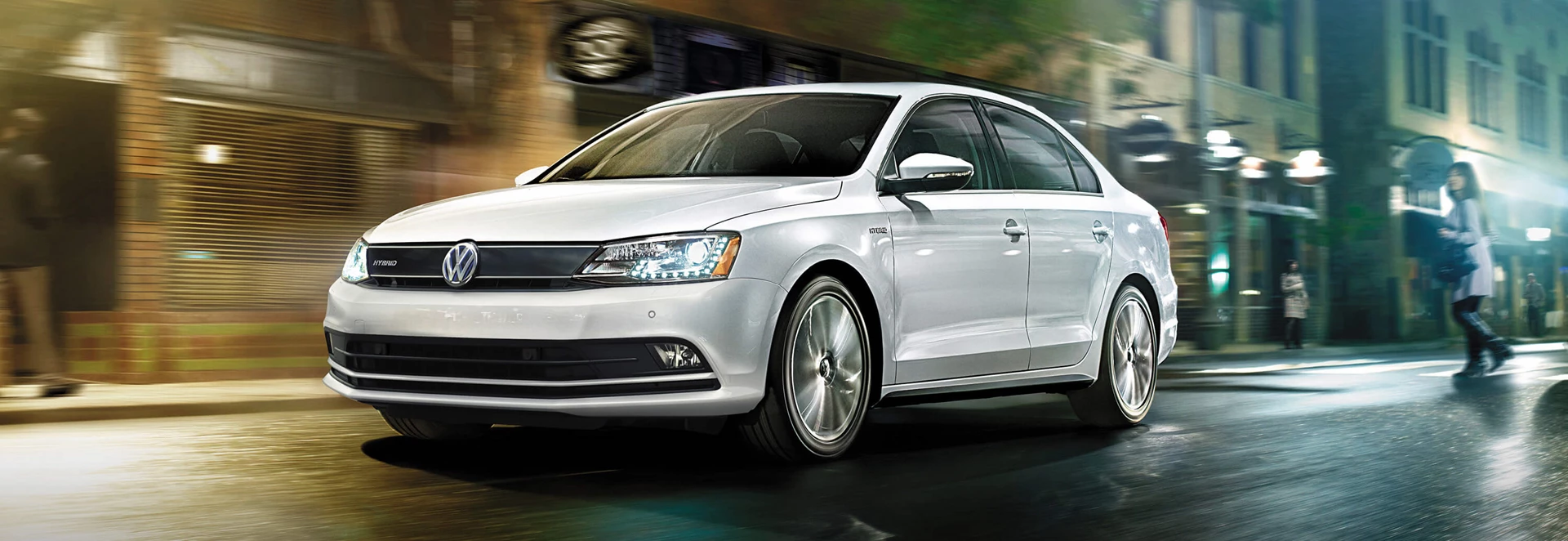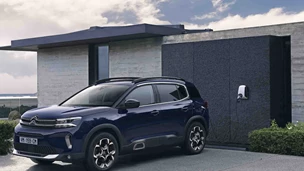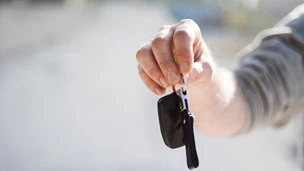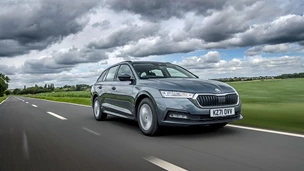Hybrids have become a lot more commonplace on the British motoring scene in the last few years and their popularity is likely to soar further in the years to come. Numerous manufacturers now offer at least one hybrid model in Britain’s new car market and sales of such vehicles are far greater when compared to the start of this decade.
The characteristics of hybrid cars are fascinating, but also somewhat complex. As a consequence, there are some misunderstandings about the quirks and disadvantages of hybrid cars that have been shared amongst the public, either through word-of-mouth or online.
In this guide we tackle five of the most common myths spread about hybrid cars.
Every hybrid needs to be plugged-in
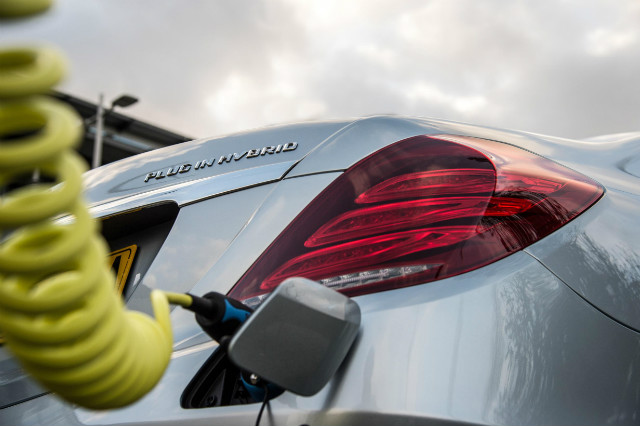
Some believe that because hybrid cars use electric motors alongside a conventional engine, the car needs to be plugged in to charge its battery. While a plug-in charge can be used on some hybrids, this does not apply to all.
Plug-in hybrid is the name applied to hybrids that come with a plug socket, but even with these, using a charging socket is only an optional method for the batteries.
For all hybrids, the batteries for the electric motor can be recharged when the onboard petrol or diesel engine is running. Regenerative braking technology also typically aids in the recharging of the batteries.
If you have a plug-in hybrid, the plug socket gives the extra advantage of being able to top up the electric motor when the car is not in use and is parked at home or a public place.
Hybrid cars will stall if the onboard batteries run flat
There’s a myth about hybrid cars that if the batteries run out of juice then the car will stall, but it’s virtually impossible that this scenario could ever actually play out.
For one thing, the regenerative braking technology featured on hybrids uses kinetic energy to keep the batteries topped up, even when the car is moving. Even when the batteries are running low, the conventional petrol or diesel engine is of course there too to keep the car going.
The computer systems used for modern day hybrids are smart enough to figure out when the batteries for the electric motor are running low and switching on the conventional engine is required to continue the current journey.
Making a car into a hybrid harms its practicality
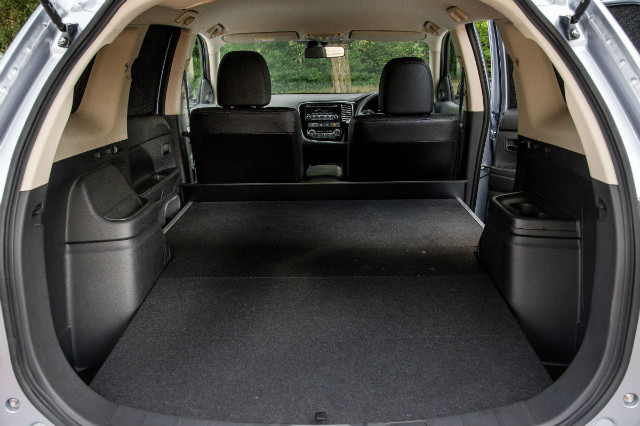
Assumptions have been made in past that because a hybrid powertrain needs to find a place for both a conventional engine and an electric motor (plus its battery pack) this comprises practicality in at least one area. This could be referring to things like reduced leg room in the rear or a small boot that would be far bigger if it didn’t have to cater for batteries.
Search today’s new car market though, and you’ll find plenty of hybrid models that manage to offer spacious cabins and sizeable boots. The Toyota Prius, Mitsubishi Outlander PHEV, Mercedes C300 Hybrid and Volkswagen Golf GTE are just a few examples which debunk this myth.
The batteries in hybrids need replacing frequently
The life span of batteries used in hybrids has come under public scrutiny before. This is due to concerns that if the battery of the hybrid requires frequent replacement then the cost of replacing the battery will soon exceed the money saved from fewer fuel fill-ups.
But batteries in modern hybrids can last for at least 100,000 miles. Some might even make it to 150,000 miles or more before battery replacement will become necessary. If the time comes when your hybrid car needs a battery swap, makes sure you leave it up to professionals from the manufacturer who made your car.
Hybrid cars are slow
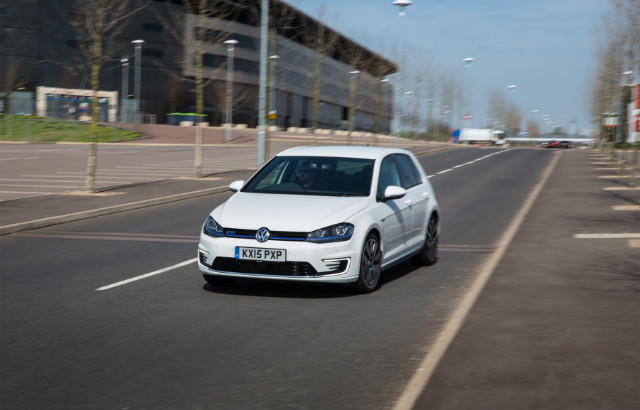
Extraordinarily fast cars like the LaFerrari, McLaren P1, Porsche 918 Spyder and BMW i8, which all use hybrid technology, are proof alone that the thought that all hybrid cars are slow is absurd.
Even if you don’t count any of those, however, and focus on more everyday cars like family hatchbacks and saloons which use hybrid technology, it’d be wrong to think they’re all slow. This myth is outdated and many of the hybrids in the new car market nowadays can offer similar performance figures to their conventionally-run rivals.
They may even exceed the pace of certain competitors and the instant dose of torque offered by electric motors can make hybrids more fun to drive than you might think, especially when accelerating.
Check out our guide on the top 5 best plug-in hybrid cars
